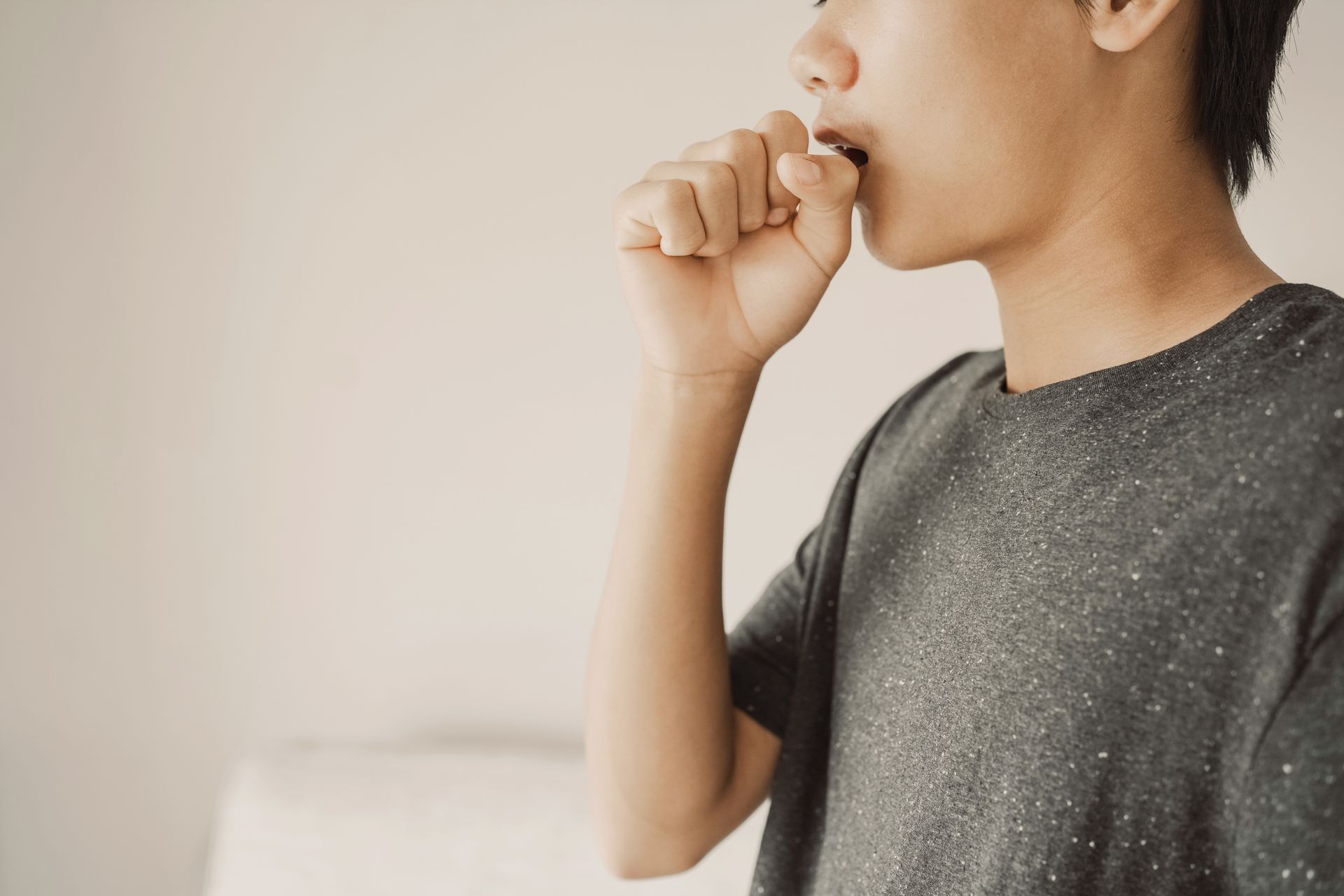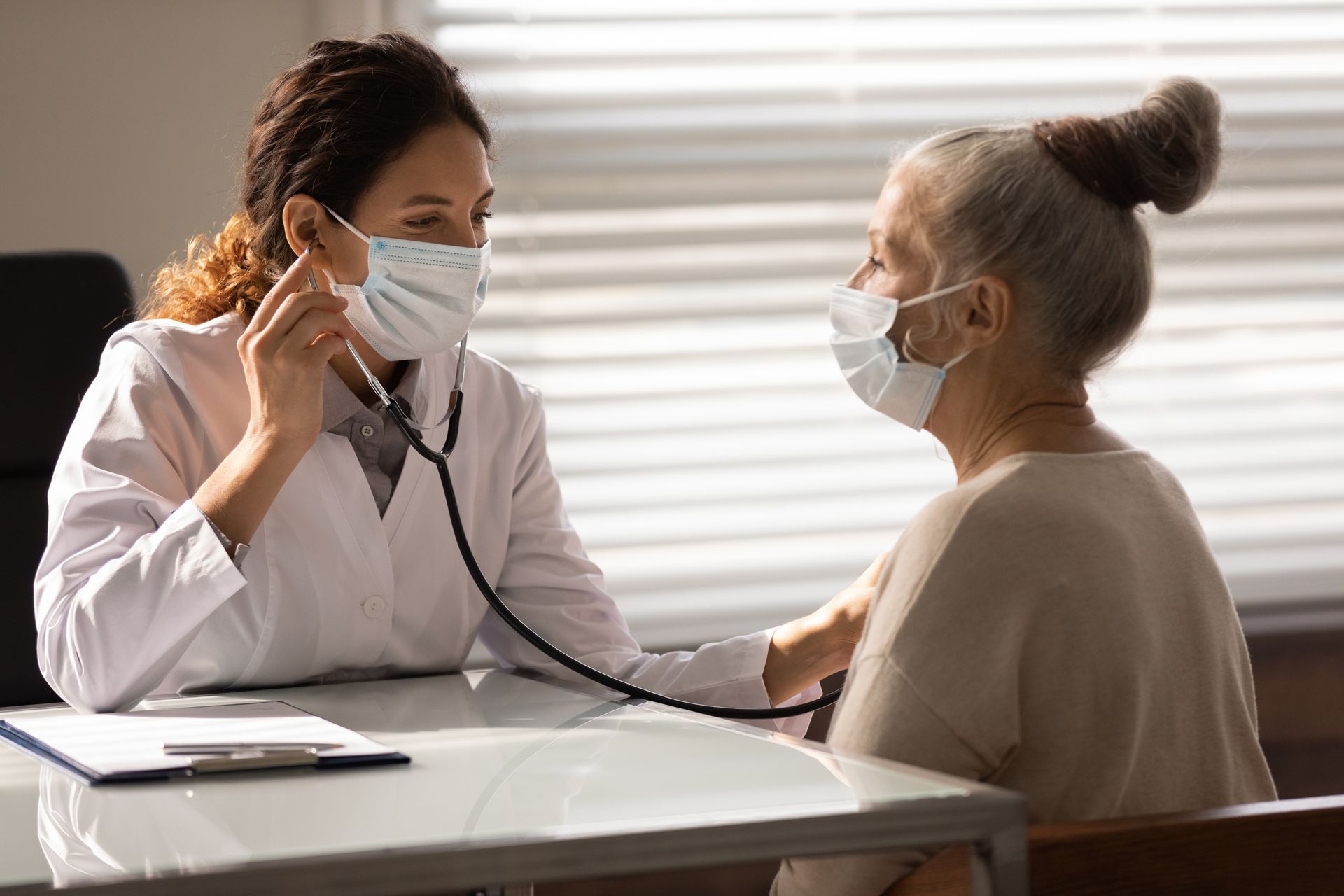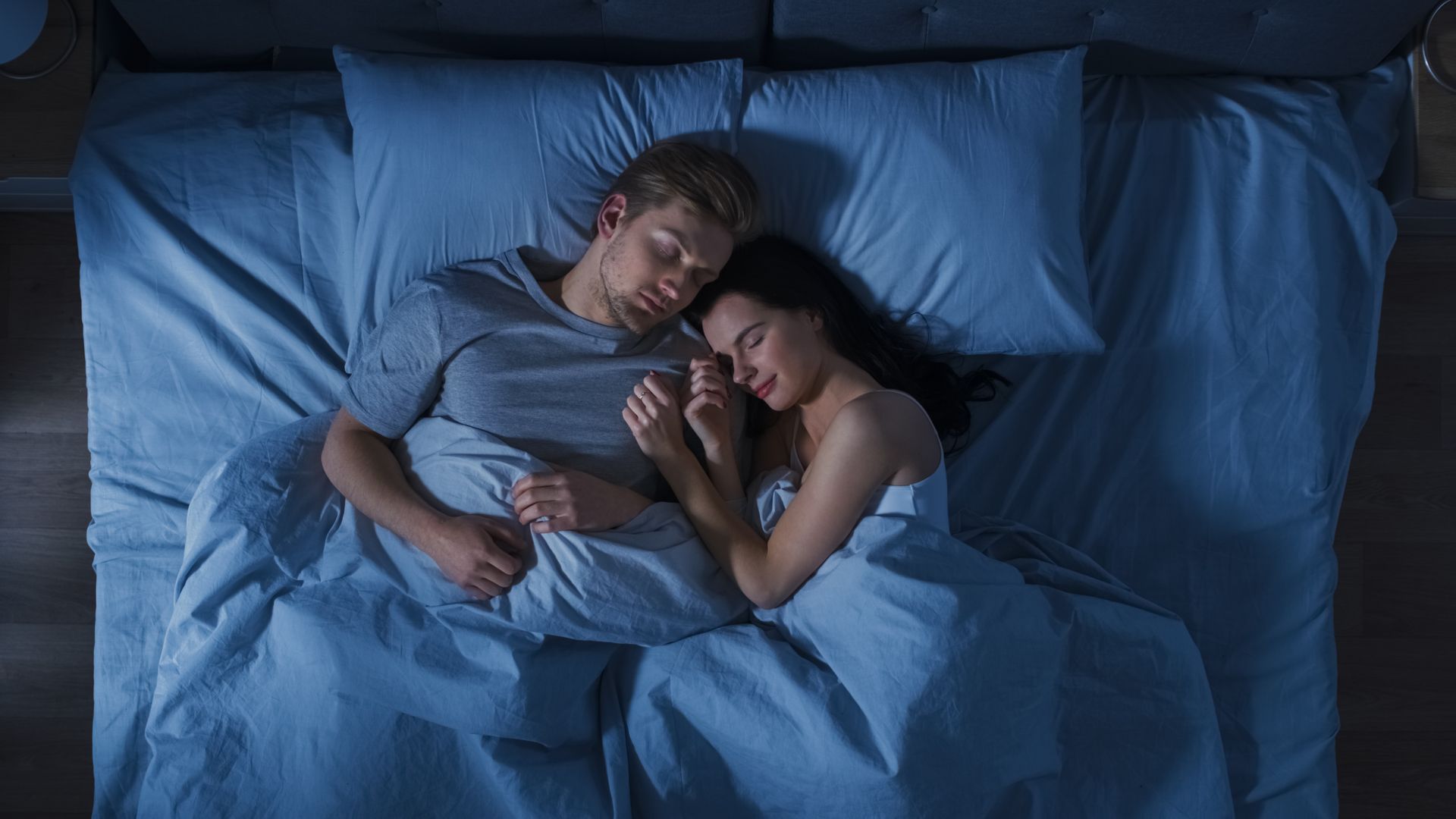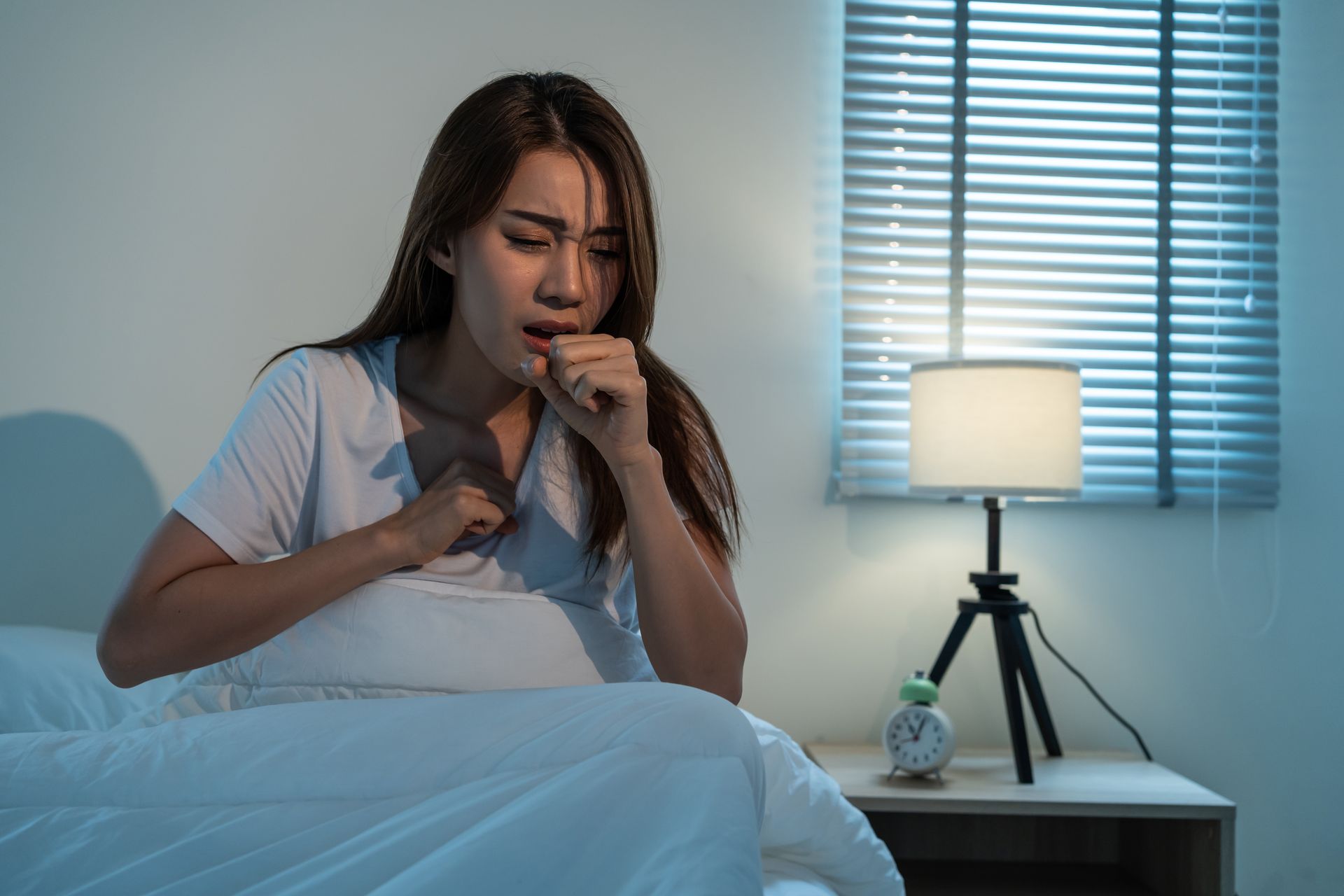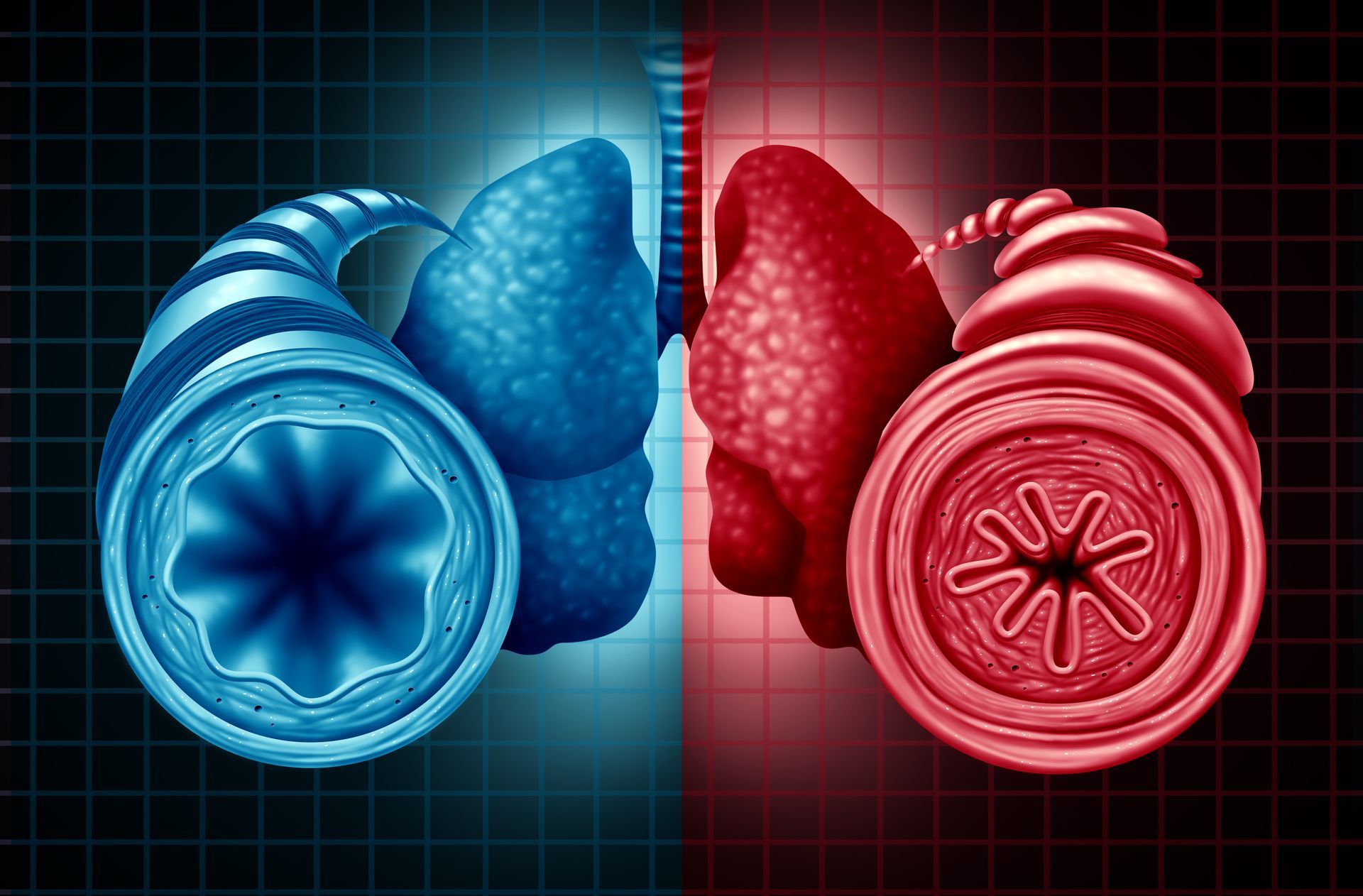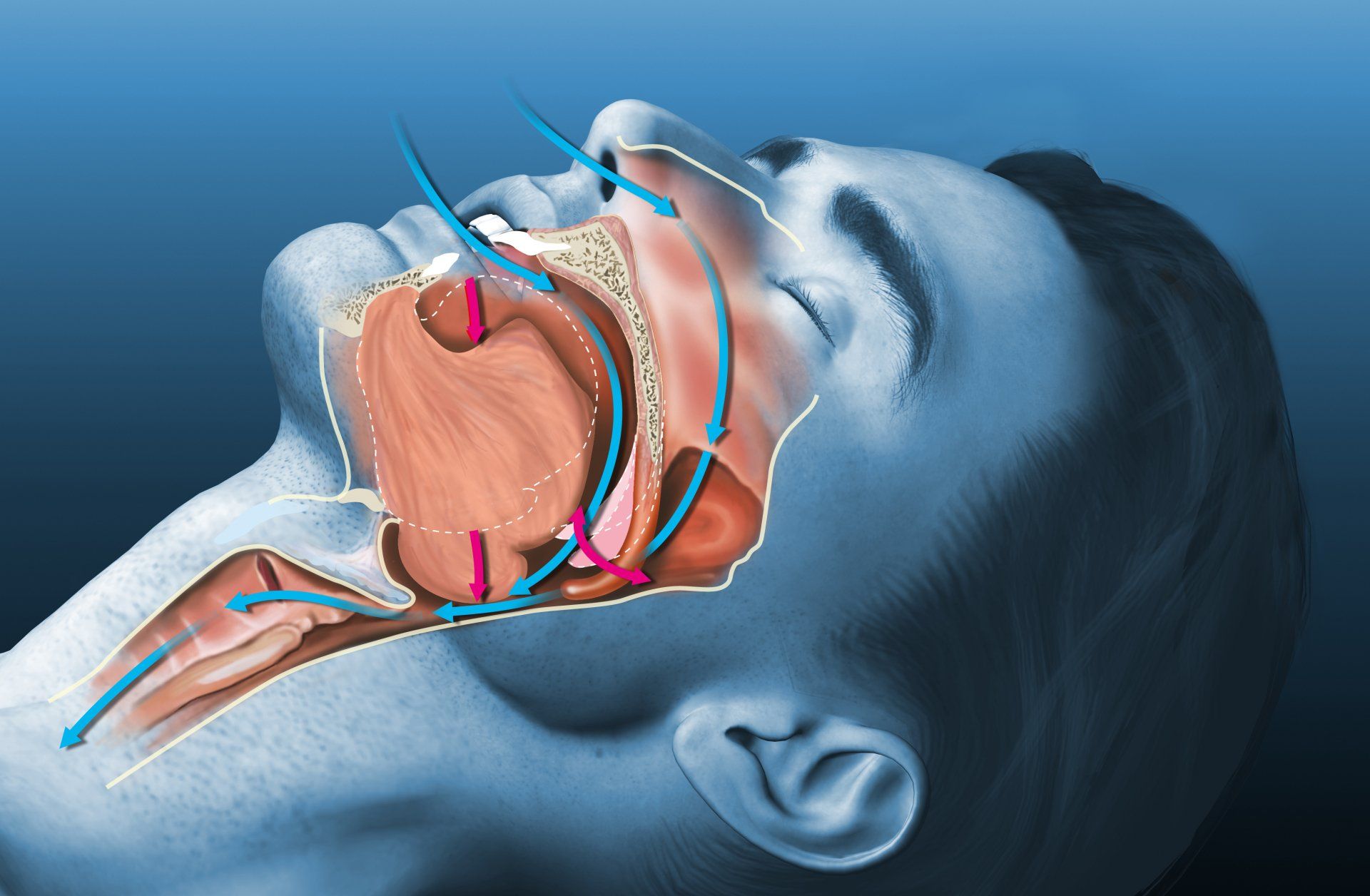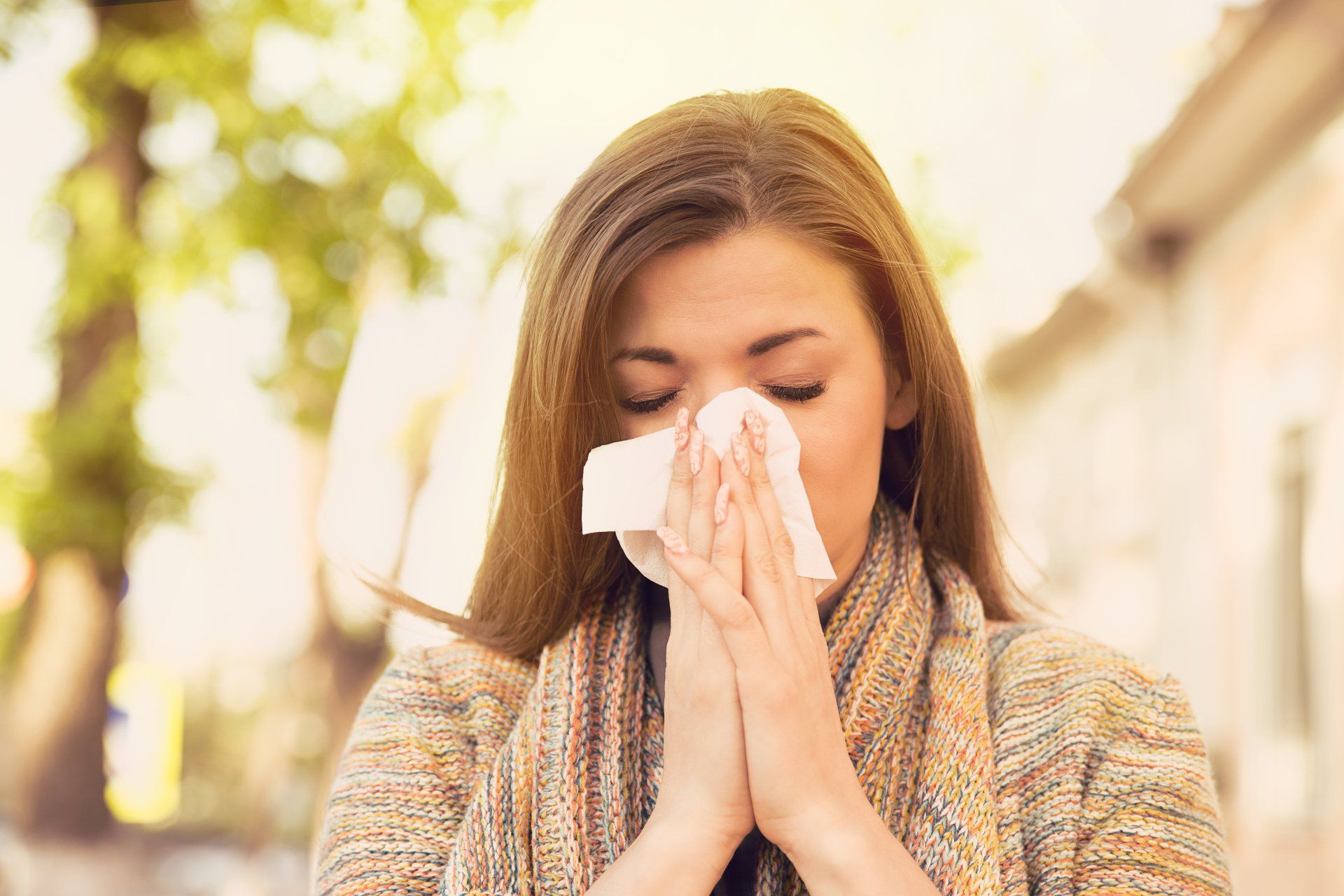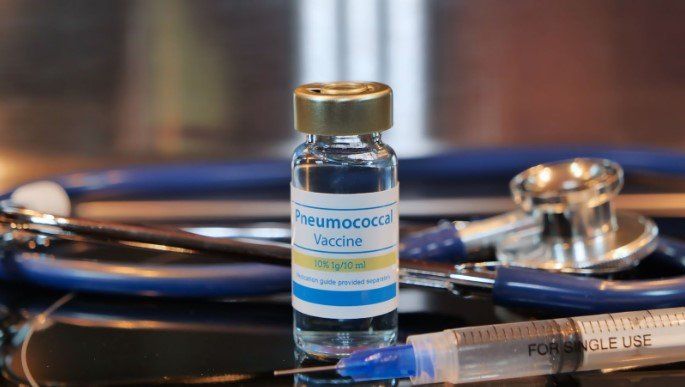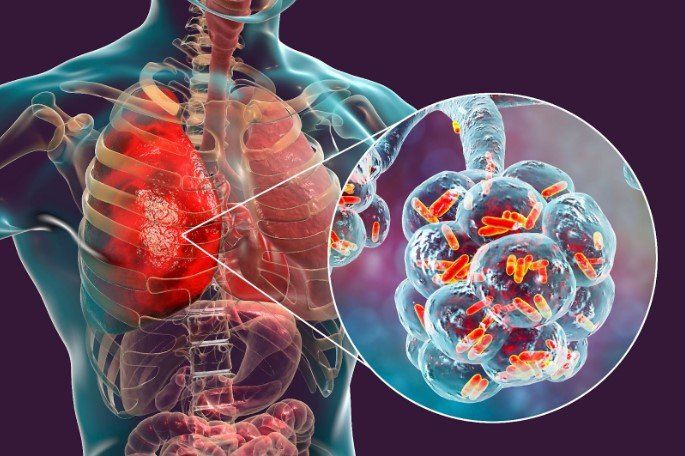Common Sleep Disorders And Understanding The Anatomy Of Sleep
Having trouble sleeping? Sleep disorders cover a wide range of clinical issues seen in outpatient settings. Since there are a variety of possible diagnoses for sleep disorders, it is critical to use uniform classification and definitions.
In medicine and psychiatry, sleep disorders are some of the most prevalent clinical problems. The quality of life of an individual might be significantly reduced by insufficient or nonrestorative sleep.
So, let’s get a better understanding of sleep disorders and the common types that most people experience.
What is Sleep Disorder?
Sleep disorders are conditions that disrupt a person's capacity to function properly when awake and affect the following:
- Sleep Quality
- Timing
- Duration
Over 100 distinct sleep disorders have been identified, and current classifications classify these diseases based on the following criteria:
- Causes
- Symptoms
- Physical and psychological impact
But most sleep disorders can be identified by one or more of the four symptoms listed below:
- You have difficulty falling or staying asleep
- You have trouble staying awake during the day
- Your circadian clock is out of balance, which prevents you from maintaining a regular sleeping pattern
- You are prone to strange habits that keep you awake at night
Common Sleep Disorders
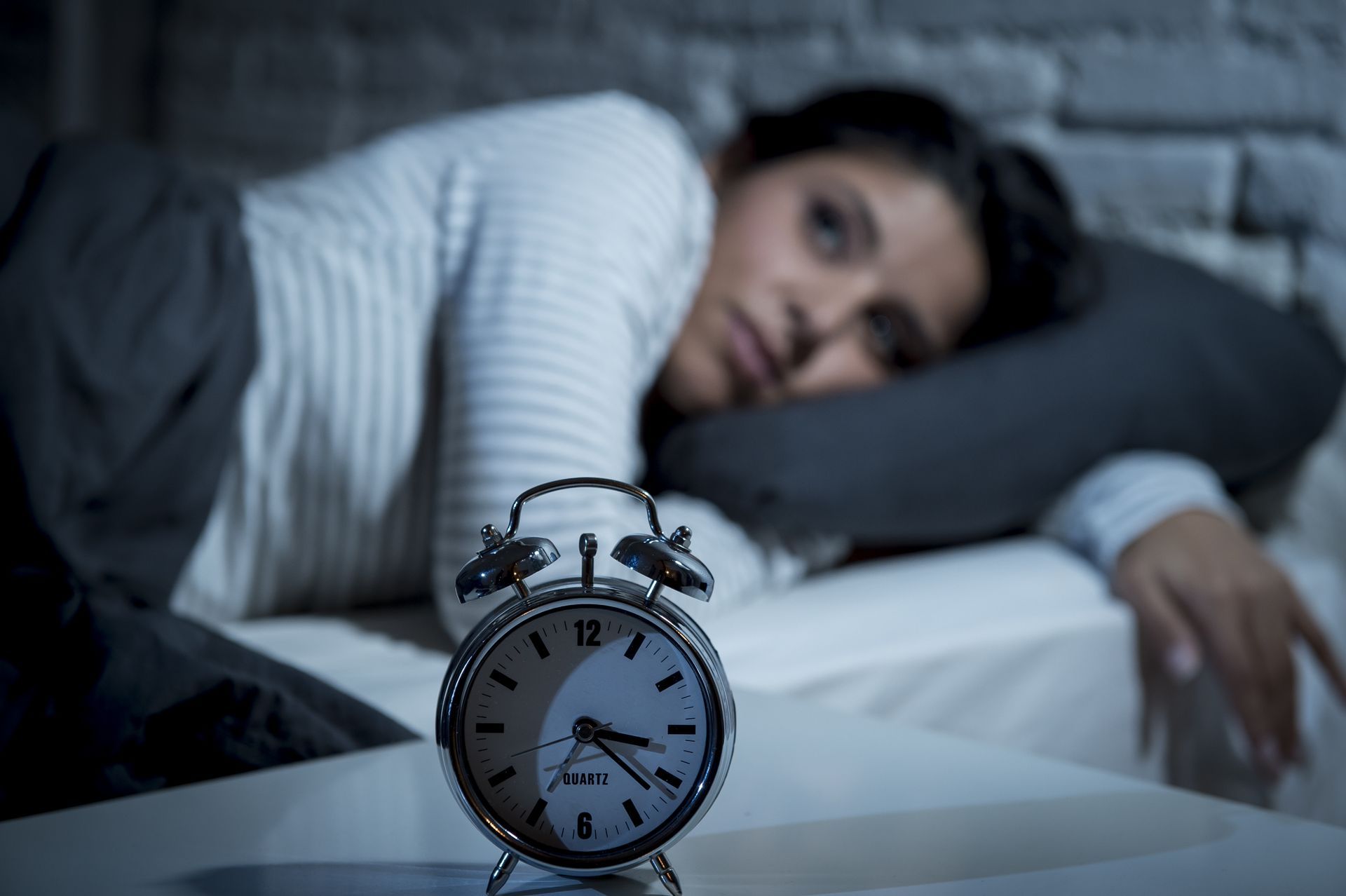
Most individuals will experience trouble with their sleep. However, it is crucial to get a sleep specialist in Singapore to assess if you or someone you know is struggling with the following:
Insomnia
The struggle to initiate or maintain sleep is characterised by insomnia. A person may also have an early morning awakening, in which case they cannot go back to sleep after waking up.
Excessive daytime sleepiness, which typically leads to functional impairment during the day, is a frequent indicator of difficulty initiating or maintaining sleep. Prior to making a diagnosis of primary insomnia, the sleep specialist will rule out any other possible reasons, such as:
Other sleep disorders- Medication side effects
- Substance abuse
- Depression
- Other undiagnosed illnesses
Stress, paired with the worry of being unable to sleep, might cause chronic psychophysiological insomnia. People with this disorder might sleep better outside of their own beds.
Narcolepsy
The defining symptoms of narcolepsy include excessive daytime sleepiness and abrupt muscle weakness. Strong emotion or surprise may trigger the sudden muscular weakness associated with narcolepsy.
Narcolepsy episodes have been referred to as "sleep attacks" and might unexpectedly happen while doing things like walking or other physical activities. To reduce the possible impact of narcolepsy on the individual's life, the sleep specialist may address it using stimulant medications paired with behavioural measures such as regularly planned naps.
Restless Legs Syndrome (RLS)
Restless legs syndrome (RLS) is distinguished by an uncomfortable "creeping" sensation that appears to begin from the lower legs and is frequently linked with aches and pains throughout the legs. This often makes it difficult to fall asleep and is eased by leg activity, such as walking or kicking.
RLS has frequently been linked to dopamine neurotransmitter abnormalities. When treating RLS, sleep specialists often pair a medicine that helps address the underlying dopamine imbalance with medication to support sleep continuity.
Sleep Apnea
Rather than just being an irritating habit, snoring may be a sign of sleep apnea. Individuals who suffer from sleep apnea frequently make "snorting" or gasping noises, which briefly disturb their sleep.
Due to frequent sleep interruptions and possible restless sleep, people with sleep apnea may also develop excessive daytime sleepiness. The cause of sleep apnea will determine how it is treated.
Sleep apnea symptoms should be handled carefully since irregular breathing interruptions or airway obstruction while sleeping can significantly affect health. A sleep specialist should be consulted for treatment.
Sleep Anatomy
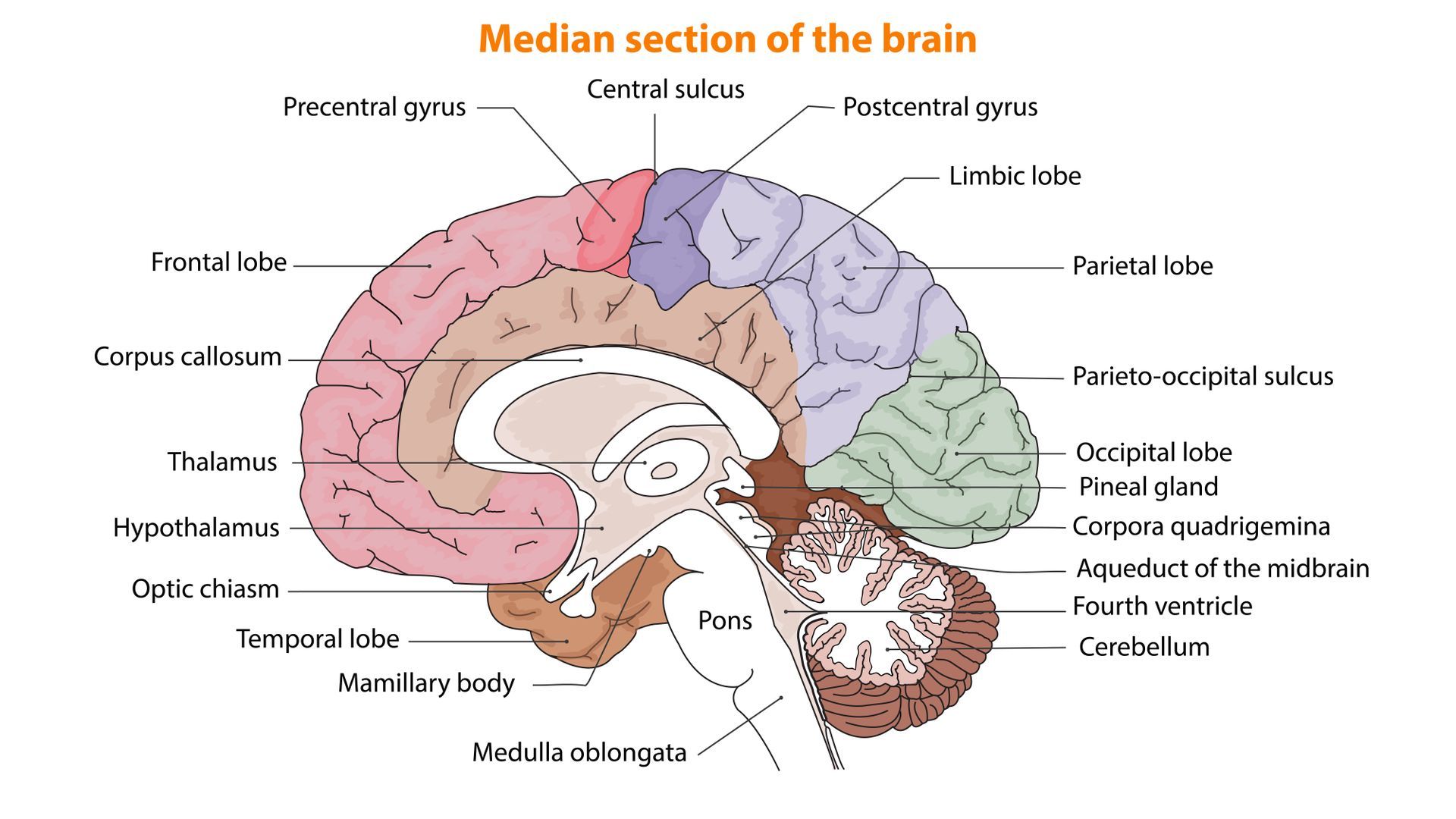
Sleep involves a number of different brain structures.
Hypothalamus
Groups of nerve cells acting as control centres for sleep and arousal are found in this peanut-sized structure located deep inside the brain. The suprachiasmatic nucleus (SCN) is located inside the hypothalamus. There is a group of hundreds of cells that regulate your behavioural pattern by directly receiving information from your eyes regarding light exposure.
Brain stem
To stabilise the transitions between wake and sleep, the brain stem, situated at the base of the brain, works with the hypothalamus. A brain chemical called GABA is produced by sleep-inducing cells in the hypothalamus and brain stem. GABA minimises the activity of arousal centres in the hypothalamus and brain stem.
In order to prevent us from acting out our dreams, the brain stem also plays a specific role during REM sleep by sending signals to muscles necessary for posture and limb movement.
Thalamus
Data from the senses is transmitted to the cerebral cortex through the thalamus. The thalamus quiets down during the majority of the stages of sleep, allowing you to tune out the outside world.
However, the thalamus is active during REM sleep, sending the cortex visuals, noises, and other sensations that make up our dreams.
Pineal gland
When the lights go out, the pineal gland–situated between the two hemispheres of the brain–increases the secretion of the hormone melatonin by responding to signals from the SCN.
Individuals who have lost their vision and are unable to match their normal wake-sleep cycle with natural light can regulate their sleep habits by taking small quantities of melatonin at the same time every day.
Basal forebrain
While the midbrain serves as an arousal mechanism, the basal forebrain, positioned close to the front and bottom of the brain, also encourages sleep and wakefulness. Your need to sleep is supported by the production of adenosine, a chemical by-product of cellular energy, used from cells in the basal forebrain and possibly other locations.
Amygdala
During REM sleep, the amygdala, an almond-shaped brain region involved in emotion regulation, becomes more active.
Improve Your Health With Better Sleeping Habits
Sleep disorders may not be fatal, but they have such a negative impact on your quality of life that they can impair a few aspects of your life, including:
- Your ability to think clearly
- Managing your weight
- Performing well at work or school
- Maintaining good mental and physical health
Consult a sleep specialist in Singapore right away if you're having issues falling or staying asleep. Sleep is essential for your health and, consequently, your quality of life. Maintain proper sleep hygiene and follow the advice of your sleep specialist.
Looking for a sleep specialist in Singapore? Get specialist care at Respiratory Medical Associates
Respiratory Medical Associates is an established specialist group that is recognised as one of Singapore’s leading experts in the diagnosis and treatment of lung, sleep, and allergy disorders. These can range from persistent coughs, spots on the chest X-ray to lung infections such as bronchitis, pneumonia, and tuberculosis.
In addition, we also treat chronic disorders such as asthma, chronic obstructive pulmonary disease (a lung disease caused by smoking), lung fibrosis, obstructive sleep apnoea, as well as food and drug allergy. Enquire now at https://www.respmed-associates.sg/





